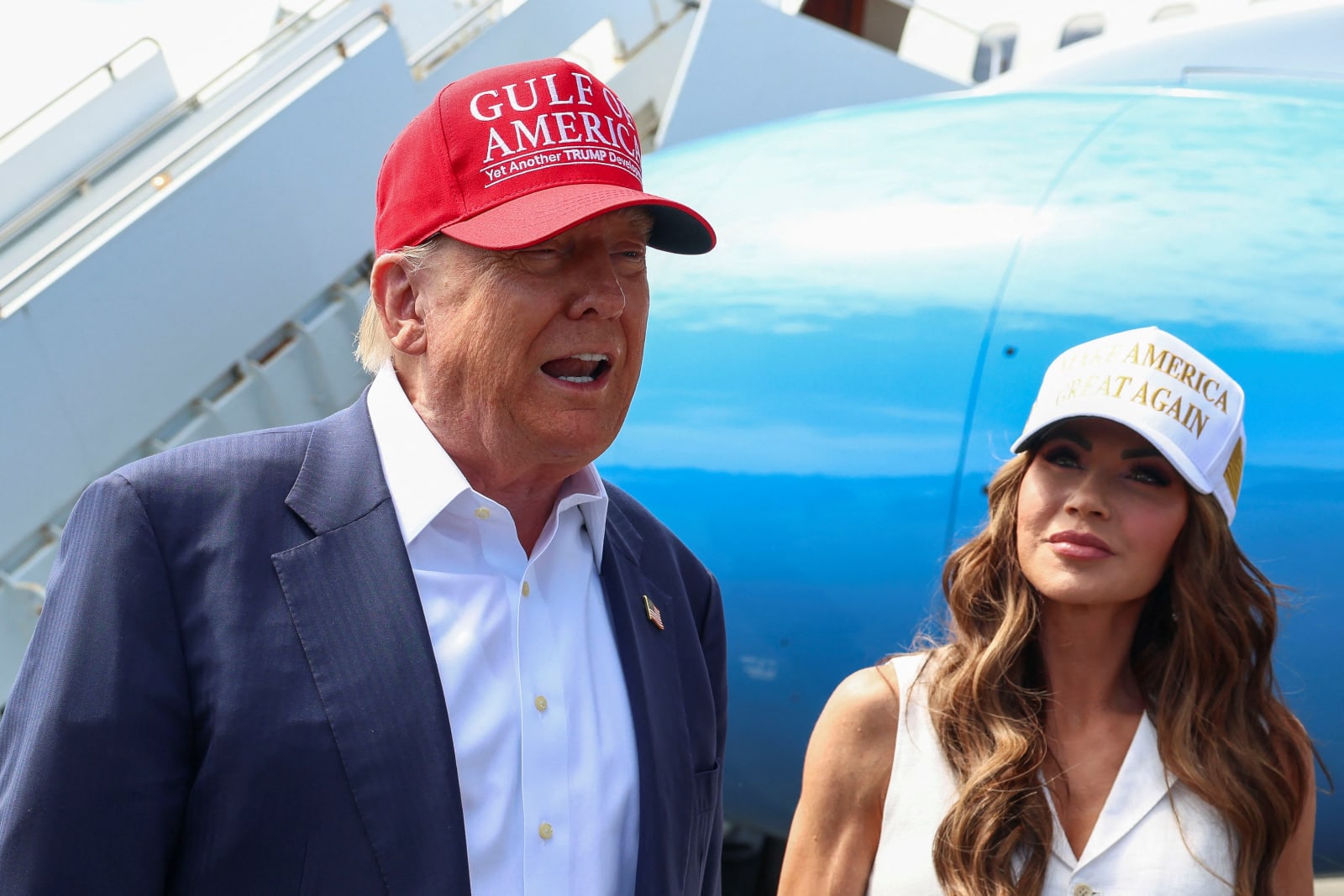Exploring the Political Landscape: A Conversation with Professor Steve Millies
In a recent discussion with Professor Steve Millies, the focus shifted to the current state of the Democratic Party and the opportunities presented by the visible divisions within the Republican Party, particularly among supporters of the MAGA movement. As some Democrats consider the impeachment of the president due to his military actions in Iran, Professor Millies suggests a more strategic approach. He advocates for leveraging the fractures within Republican ranks by proposing a vote on the Case-Church Amendment of 1973, a pivotal decision that ultimately brought an end to the Vietnam War.
The Missed Opportunity
Professor Millies expressed frustration over the Democrats’ current focus on impeachment rather than capitalising on the potential discord within the Republican Party. He noted that the political landscape has shifted dramatically, with traditional incentives for politicians—such as acting in the best interest of the electorate—fading away. The 2024 election highlighted this shift, as voters penalised the party that had ostensibly worked to mitigate the effects of the COVID-19 pandemic and its economic repercussions.
Notably, despite the adverse consequences of potential Medicaid cuts—affecting even Republican constituents—senior Republican figures like Mitch McConnell dismissed the concerns, suggesting that voters would ultimately adjust to the changes. This attitude exemplifies a broader trend in contemporary politics, where accountability appears to be waning.
The Impact of Social Media
Professor Millies attributes this transformation to advancements in communication technologies, particularly the rise of social media. He noted that the traditional incentives that once guided political behaviour are now overshadowed by a culture prioritising attention-grabbing posts over substantive policy discussions. This shift has fostered an environment where political discourse is increasingly guided by sensationalism rather than rational debate.
He warns that politics has devolved into a spectacle, where the focus lies not on governance but on entertainment. The constant allure of social media has led politicians to engage in “gotchas” and performative gestures rather than pursuing meaningful legislative action. The result is a bipartisan erosion of norms and institutions that once facilitated constructive engagement between political leaders and their constituents.
The Role of the Consultant Class
A significant concern raised by Professor Millies is the influence of the consultant class within the Democratic Party. He believes that a risk-averse mentality has taken hold, driven by a desire to cater to polling data rather than taking bold, decisive action. For instance, when Hakeem Jeffries claimed ignorance of a war powers resolution, it appeared to reflect a reluctance to engage with potentially controversial issues without first gauging public sentiment.
This obsession with polling and the resulting cautious approach, according to Millies, hampers the party’s ability to take advantage of the current political climate. Instead of pursuing effective public policies, the focus has shifted to generating social media engagement and fundraising, which can detract from genuine governance.
A Call for Reflection
The conversation turned to the broader implications of these changes, suggesting that the political system itself has not fundamentally altered; rather, society has changed. The traditional understanding of politics as a means of delivering tangible benefits to constituents is giving way to a reality where political engagement resembles a reality television show or a sporting event.
With the ongoing prevalence of the consultant class, the challenge lies in shifting the narrative from mere opposition to constructive governance. However, this is complicated by the need to navigate the new landscape shaped by social media and entertainment culture.
Conclusion: A Need for Change
As political dynamics evolve, the need for a recalibration of priorities within the Democratic Party becomes increasingly urgent. The current political malaise is not merely a reflection of one party’s struggles but is indicative of a systemic issue affecting the entire political landscape. If politicians are to reclaim their roles as effective leaders, they must navigate the complexities introduced by modern communication and societal expectations.
The signs are troubling, and the urgency for strategic action is palpable. With a landscape dominated by sensationalism and entertainment, it is vital for political leaders to focus on the real issues at stake, prioritising the wellbeing of their constituents over the spectacle of political rivalry. The path forward requires a collective effort to reimagine politics not as a contest, but as a means to improve lives and build a better future for all.

